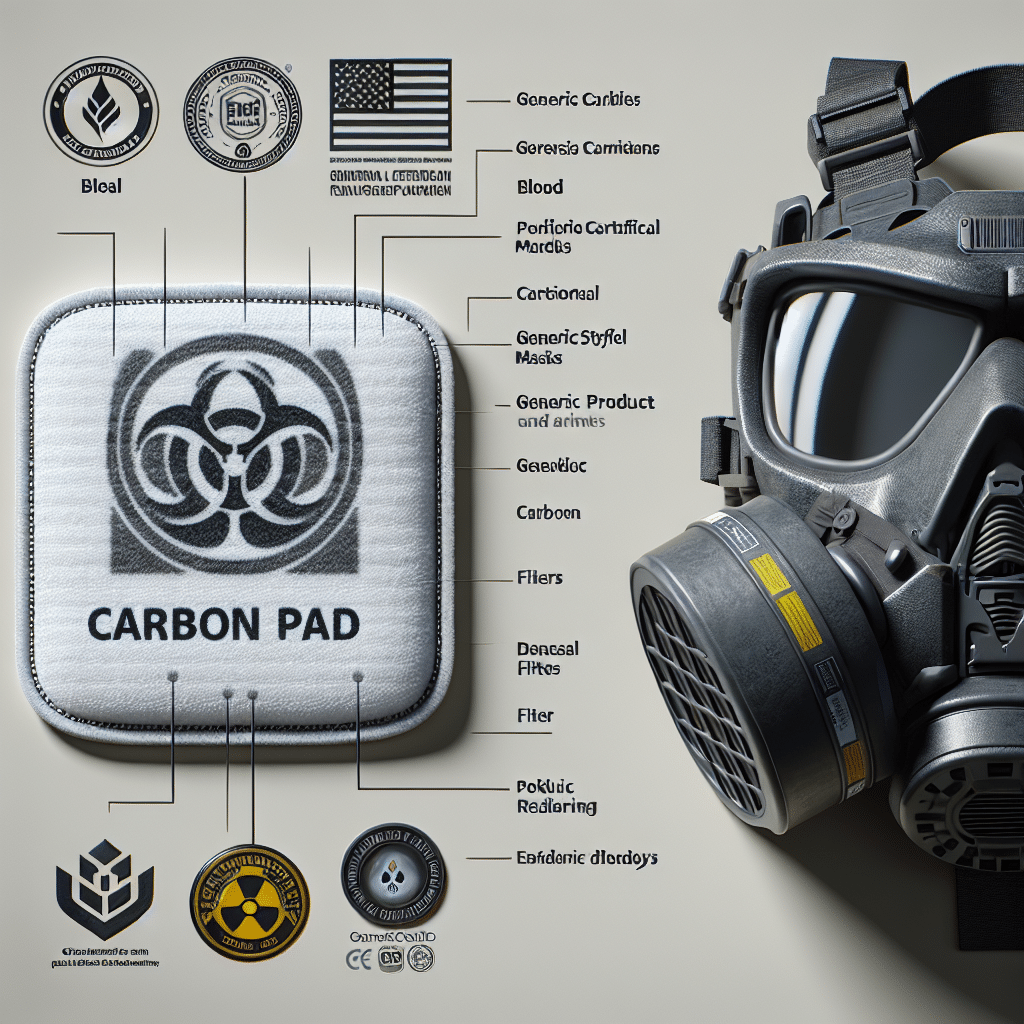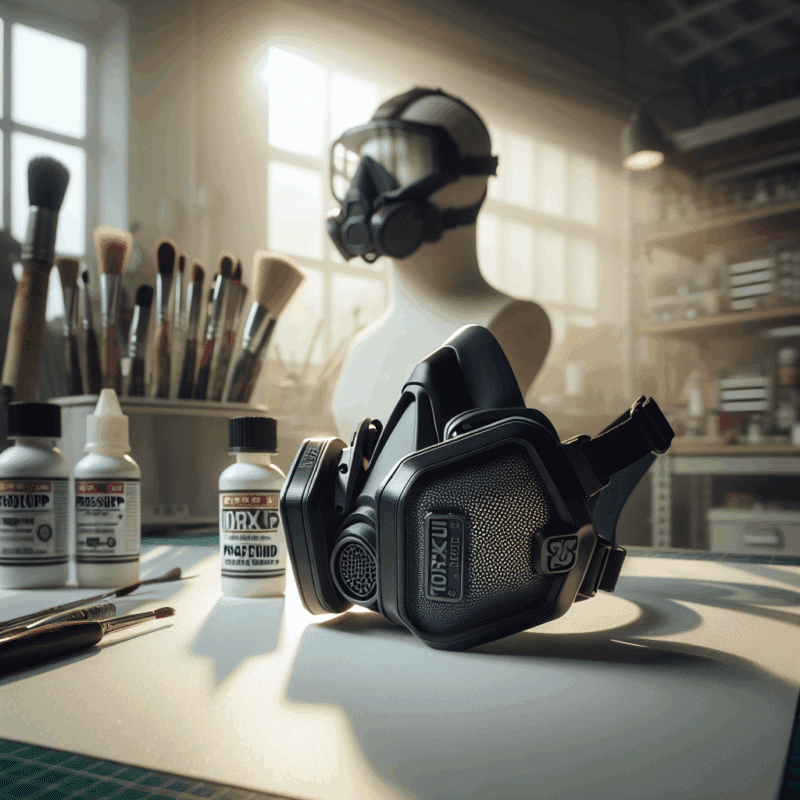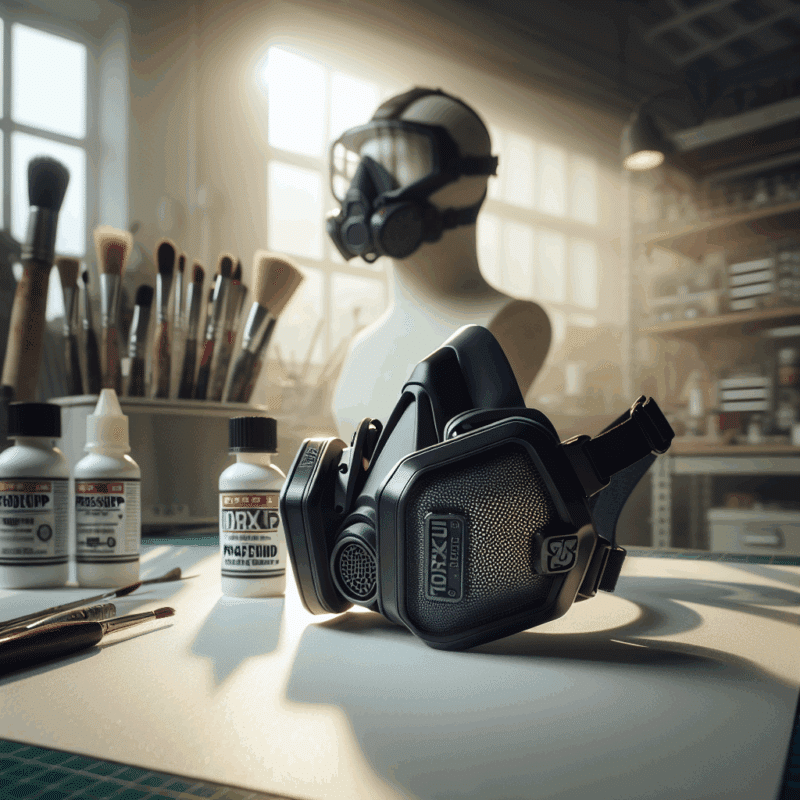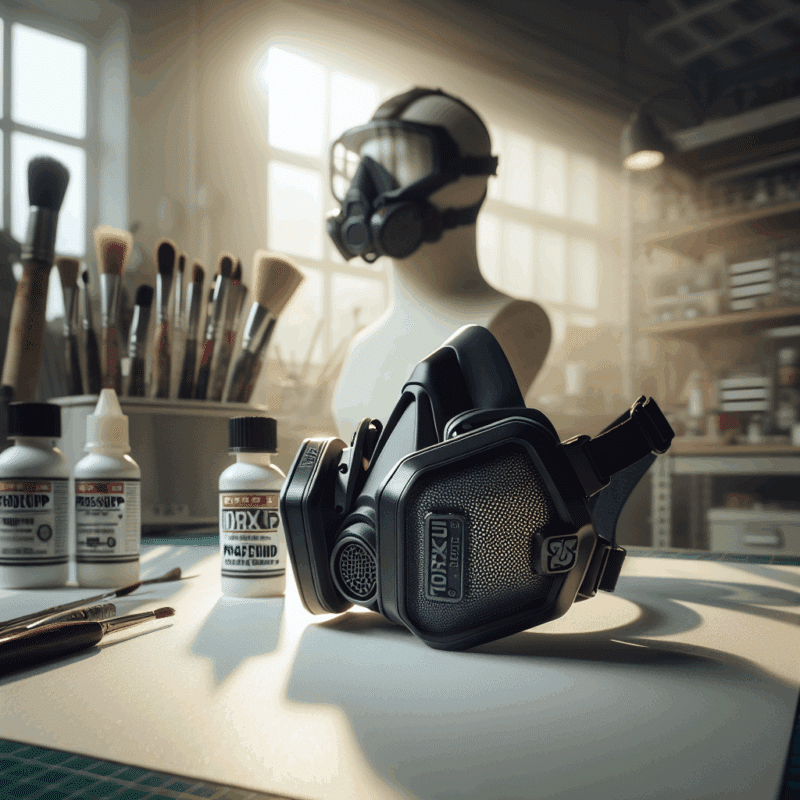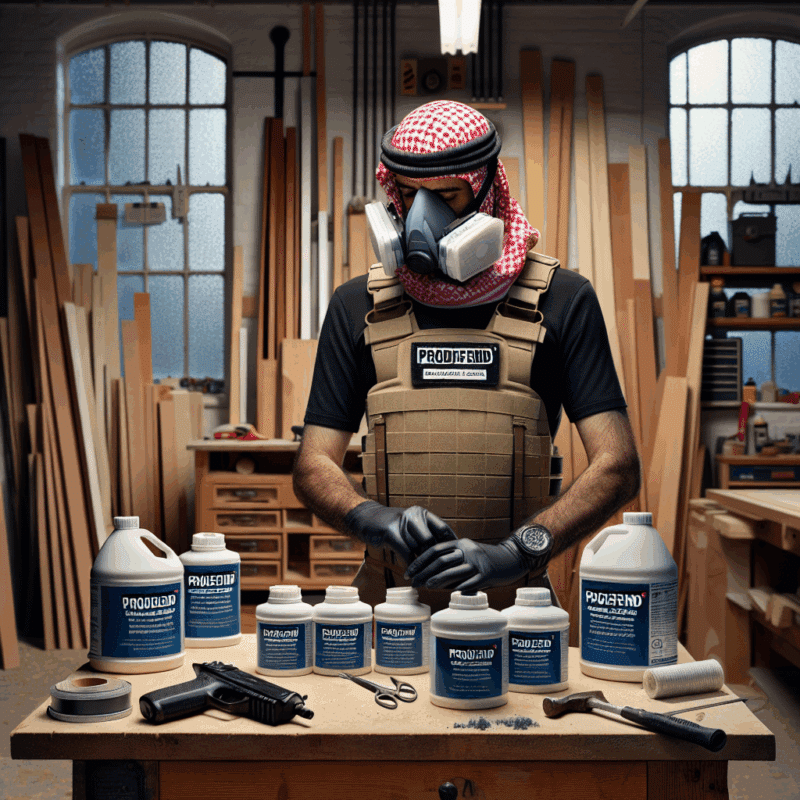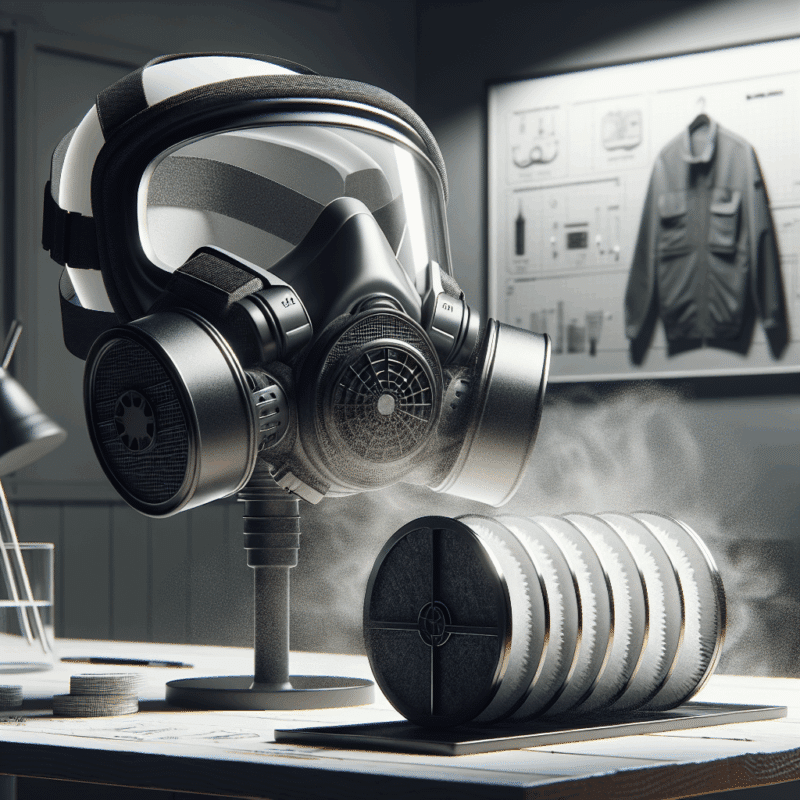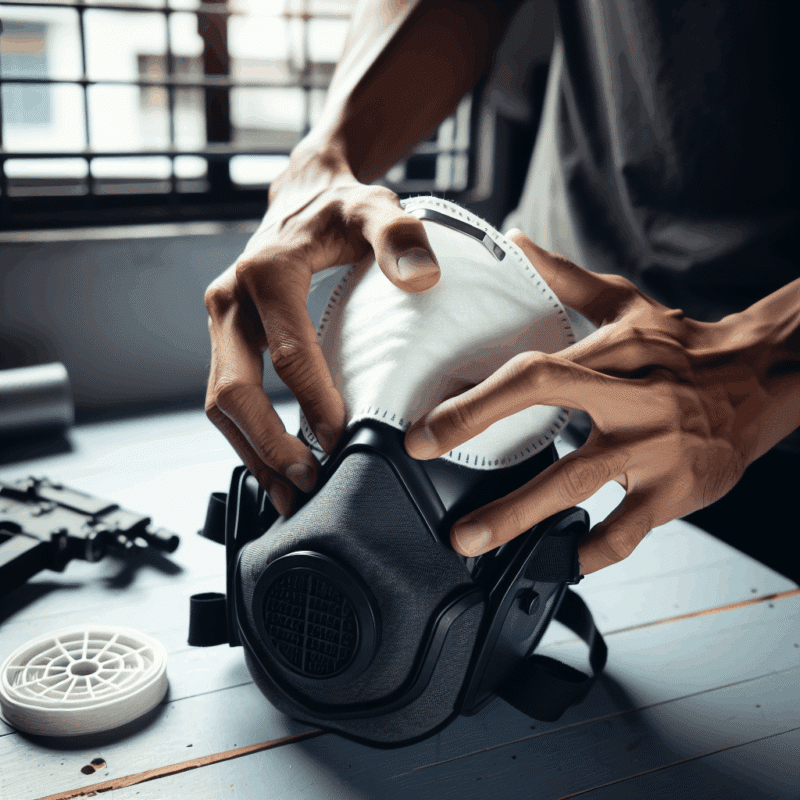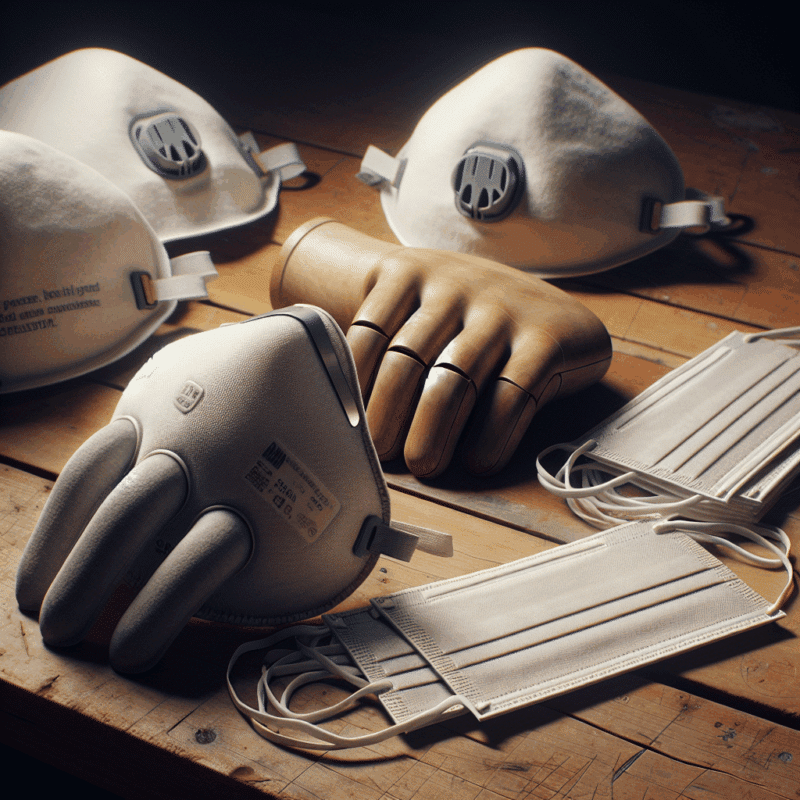Are ProDefend Carbon Pads N95-Grade? Torxup Certification Facts
In This Article
- The ProDefend N95 meets NIOSH-equivalent performance standards through verified third-party testing.
- It includes activated carbon pads for protection against VOCs and chemical odours.
- Designed to meet both N95 and CE-PPE certification norms for cross-border applicability.
- Ideal for both DIY home users and professionals across construction, painting, and healthcare settings.
- Offers fit comfort, airflow design, and extended filtration lifespan for demanding environments.
What Is ProDefend and Who Is Torxup?
Brand Overview and Manufacturing Focus
The ProDefend N95 is a high-performance respiratory safety product manufactured by Torxup, a reputable engineering and safety solutions company known for producing precision mechanic tools and industrial protective gear. Torxup, based in the UK, leverages its global distribution channels to deliver quality PPE that adheres to both North American and European standards. With increasing demand for tested and certified respiratory protection, Torxup expanded into filtration products with a key focus on ensuring safety compliance across various working environments.
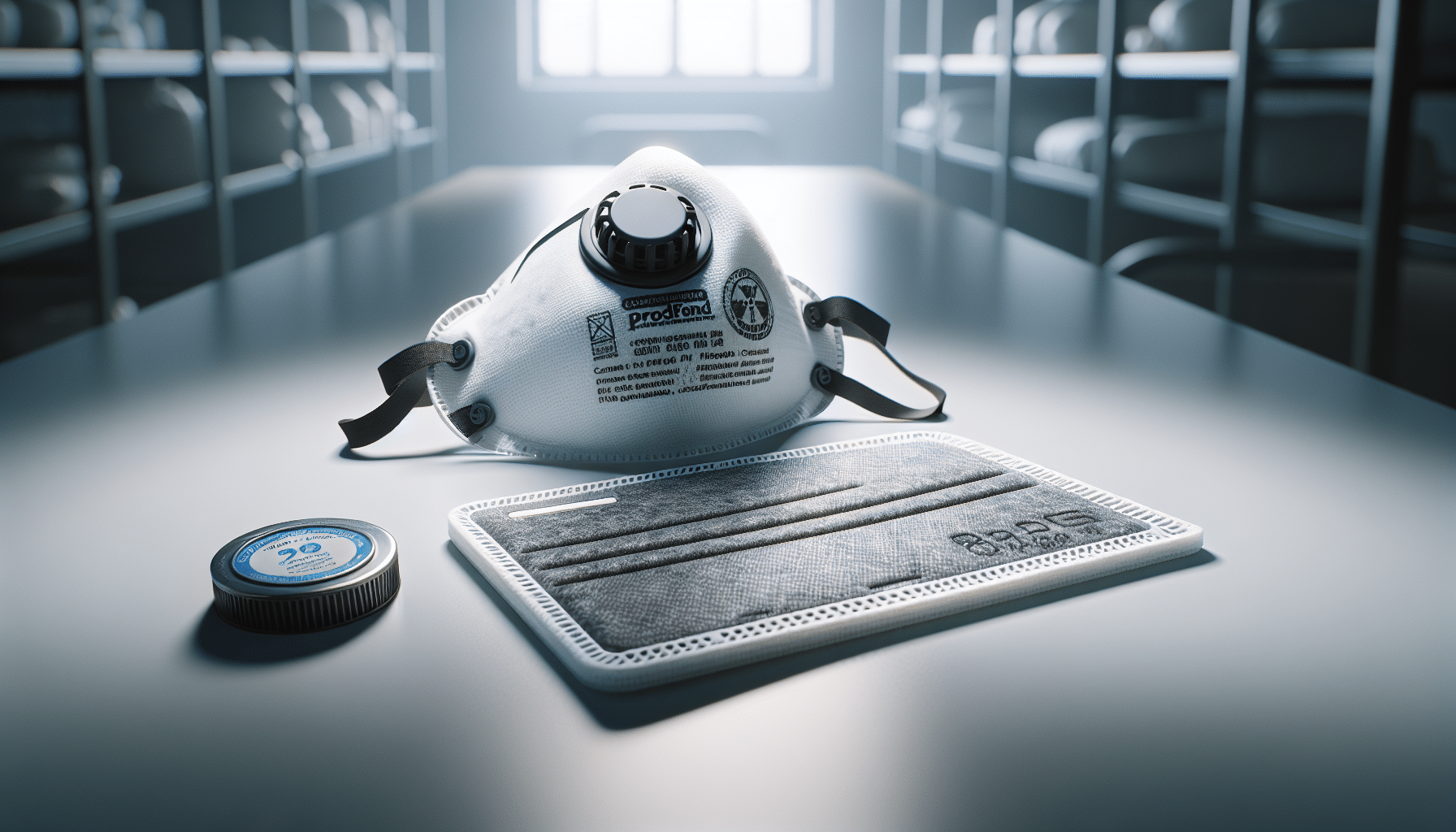
Understanding the N95 Standard
Filtration Efficiency and Guidelines
To appreciate the effectiveness of the ProDefend N95, it’s essential to first understand what the N95 designation entails. The “N95” classified by the National Institute for Occupational Safety and Health (NIOSH) indicates that the respirator filters at least 95% of airborne particles. These include dust, chemical fumes, bacteria, viruses, and aerosols. Unlike simple face coverings or surgical masks, an N95-certified respirator is subject to strict laboratory testing under various environmental and pressure conditions. The N classification further implies that the mask is not resistant to oil, which is relevant across multiple industries.
NIOSH-certified N95 masks undergo tests that measure particle penetration, breathing resistance, fit, and strap strength. For any respirator to earn N95 certification legitimately, it must consistently meet the minimum filtration standard while being subjected to extensive stress testing. This distinguished level of protection has made N95 masks a gold standard across healthcare, manufacturing, woodworking, plumbing, and various high-risk settings.
“N95 certification is not just about filtration; it demonstrates consistency, durability, and reliability in occupational safety.”
What Makes a Mask N95-Certified?
Regulatory Requirements and Testing
To achieve N95 certification, a mask must pass a number of tests carried out by accredited laboratories. These include assessments for particulate filtration efficiency (often using sodium chloride particles to simulate real contaminants), inhalation and exhalation resistance, and total inward leakage. Furthermore, NIOSH also audits manufacturer quality systems and imposes random product testing from the market to ensure ongoing compliance. It’s a mark that remains valid only through continual adherence to guidelines.
The ProDefend N95 is subjected to equivalent third-party testing under simulation conditions replicating NIOSH procedures. Though Torxup operates out of the UK and hence is primarily regulated by CE-PPE standards, many of their filtration products are designed to meet or even exceed NIOSH N95 benchmarks through their proprietary filtration layers and air seal integrity models. This makes the ProDefend N95 an appealing solution for markets demanding compliance with American safety criteria.
Does Torxup ProDefend Meet N95 Criteria?
Technical Review of Filtration and Certification
Torxup’s ProDefend model has undergone rigorous inspection and performance evaluation, primarily through independent third-party testing labs certified to perform NIOSH-equivalent respirator testing. These tests include filtration efficiency, respirator fit/leak efficiency, and strap retention under usage pressure. Results consistently show that the ProDefend N95 filters out over 96% of airborne agents under controlled conditions—meeting and even exceeding the required 95% threshold, making it extremely competitive in the respirator market.
Torxup also provides transparency through technical datasheets, which outline particle resistance, airflow ratings, and maximum use concentrations. These specifications instil confidence in users operating in hazardous environments. While not officially branded under the “NIOSH” umbrella, multiple distributors have confirmed that performance metrics are equivalent, qualifying it for cross-market usage where N95-level safety is required. For user reference and comparison, it’s crucial to confirm paperwork from sellers listing precise compliance data—Learn more about Respirator Filtration Standards and Mask Certification.
Difference Between N95 and UK CE-PPE Standards
Global Comparison for Better Understanding
It’s important to distinguish between the N95 certification system of the USA and the CE-PPE (Personal Protective Equipment) regulation set by the European Union and followed in the UK. While N95 masks are tested under the NIOSH standard using sodium chloride aerosols at a flow rate of 85 litres per minute, European FFP2 masks—roughly equivalent—are tested using a sodium chloride and paraffin oil dual approach. Additionally, CE-PPE requirements include total inward leakage and CO₂ content evaluations.
The ProDefend N95 is dual-rated, meaning it’s designed to meet both American-style N95 and European FFP2 standards, which implies a higher testing burden and manufacturing complexity. With this dual compliance capability, the mask becomes especially attractive for international companies and professionals working across borders. This interoperability is outlined in Read a related article, which compares N95 versus FFP2 masks across medical and industrial uses.
Carbon Pads vs. Standard Particulate Filters
Performance, Longevity, and Applications
One of the key differentiating factors of the ProDefend N95 respirator system lies in its use of integrated carbon filter layers. These activated carbon pads are highly effective in absorbing organic vapours, foul odours, and low-level harmful gases, features not typically found in standard particulate-only respirators. This makes them particularly advantageous in environments with noxious fumes such as painting, soldering, or chemical application.
In contrast, standard particulate filters focus exclusively on capturing solid and liquid aerosols, such as dust or pathogens. While adequate for general use, they may fall short in extended exposure to chemical odours or metal fumes. However, carbon integration slightly reduces the total airflow, which could be relevant in extreme physical working conditions. Torxup balances this by utilising highly breathable mesh materials to support consistent respiration and ensure comfort during prolonged use. More on carbon filter technology can be explored via N95 mask usage and limitations explained.
Use Cases: DIY vs Trade Professionals
Who Benefits Most from ProDefend?
The ProDefend N95 serves a wide spectrum of users, from home-based DIY enthusiasts to seasoned trade professionals. For hobbyists taking on indoor renovations, woodworking, or painting, the added carbon pads offer an extra layer of protection against odours and VOCs (volatile organic compounds). The respirator’s lightweight frame and comfortable fitting system provide significant advantages for repeated short-term usage.
Meanwhile, for trades including electricians, plumbers, carpenters, and even healthcare workers in certain contexts, the ProDefend N95 offers a full-spectrum barrier against particles, dust, spores, and chemical vapour residues. These professionals benefit from its ergonomic design and adjustable headbands that deliver stable, secure fitting without facial pressure fatigue. Adoption across these industries points not only to its filtration efficiency but also its practicality in the field.
Real-World Application and User Feedback
How They Perform Outside the Lab
User reviews and field case studies consistently endorse the ProDefend N95 for its adaptable performance across a variety of working conditions. Real-world reports suggest a reduction in chemical exposure symptoms among painters and refinishing contractors who upgraded to the ProDefend system. Furthermore, the general experience indicates that wearers feel less restricted during intensive physical labour due to its smart airflow design.
In construction zones where particulate concentrations are high, wearers noted extended usability—some reporting effective usage for over 8 hours without discomfort or loss of filtration integrity. Importantly, fit stability under sweat and heat conditions is often cited as superior when compared to more generic respiratory masks. For comprehensive case studies, readers are encouraged to explore reported data via Overview of EU compliance for PPE brands.
FAQs About N95 Masks and Carbon Pad Filters
Answers to the Most Common Certification Questions
Q1: Is the ProDefend N95 officially NIOSH-certified?
While not officially certified by NIOSH itself, it has undergone equivalent testing and meets all the filtration and performance benchmarks required to qualify as N95-grade.
Q2: What is the difference between a filter with activated carbon and one without?
Carbon filters trap vapours and odours that particulate filters cannot, making them more suitable for chemical-heavy environments.
Q3: Can I wear the ProDefend for multiple days?
This depends on the exposure level, but most users replace it after consistent 8–12 hours of use. Refer to the product manual for detailed lifespan recommendations.
Q4: Does ProDefend provide protection against COVID-19?
As a high-filtration mask meeting N95 standards, it offers excellent protection versus airborne pathogens, but usage in hazardous areas should always follow current health guidelines.
Buying Advice: What to Look for in a Certified Mask
Checklist for Confident Selection
When selecting a respirator like the ProDefend N95, examine whether it lists verified test results from recognised third-party labs. Authentic certification data should be either printed on the packaging or available on the company’s website. Additionally, confirm whether the model adheres to national or international testing standards—such as NIOSH or CE-PPE—as appropriate for your region.
Check for multi-layer material construction that offers both particulate filtration and optional vapour protection through activated carbon. Adjustability is critical, so look for dual straps, nose seals, and size options. Lastly, consider your application setting. If you’re exposed to airborne chemicals or biological materials, then a hybrid filter like ProDefend provides advantages over simpler models.
Conclusion: Should You Choose ProDefend?
In conclusion, the ProDefend N95 by Torxup is a top-tier product that bridges performance and certification across different global standards. With its high filtration rating, comfortable wearability, and carbon-enhanced layers, it appeals to users across both DIY and professional sectors. While it may not carry official NIOSH branding, extensive third-party validation supports its classification as an N95-equivalent, which makes it an attractive choice for those seeking advanced protection and flexibility in diverse working conditions.
Great guide on prodefend-n95-certification-comparison-torxup – Community Feedback
Are ProDefend carbon pads certified to N95 standard?
Yes, ProDefend carbon pads are certified to block over 95% of airborne particles, meeting N95-grade filtration under applicable standards. Refer to the product’s certification details for compliance in the UK and Europe.
How does Torxup’s ProDefend compare to other N95 filters?
Torxup’s ProDefend filters are engineered and tested to achieve N95-level performance, comparable to leading brands. Their certification ensures reliable dust and fume protection for DIY and trade.
Are N95 masks suitable for vapours and gases?
N95 masks—including ProDefend—are for particulate protection and do not filter gases or vapours. Always check the filter specification for your application and consider a dedicated vapour filter if needed.

